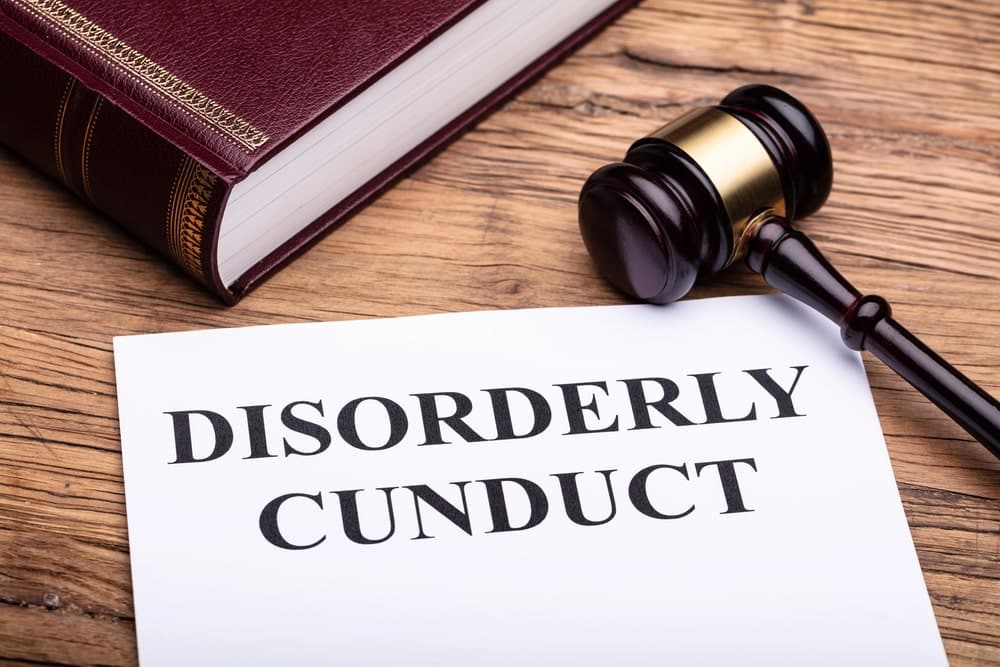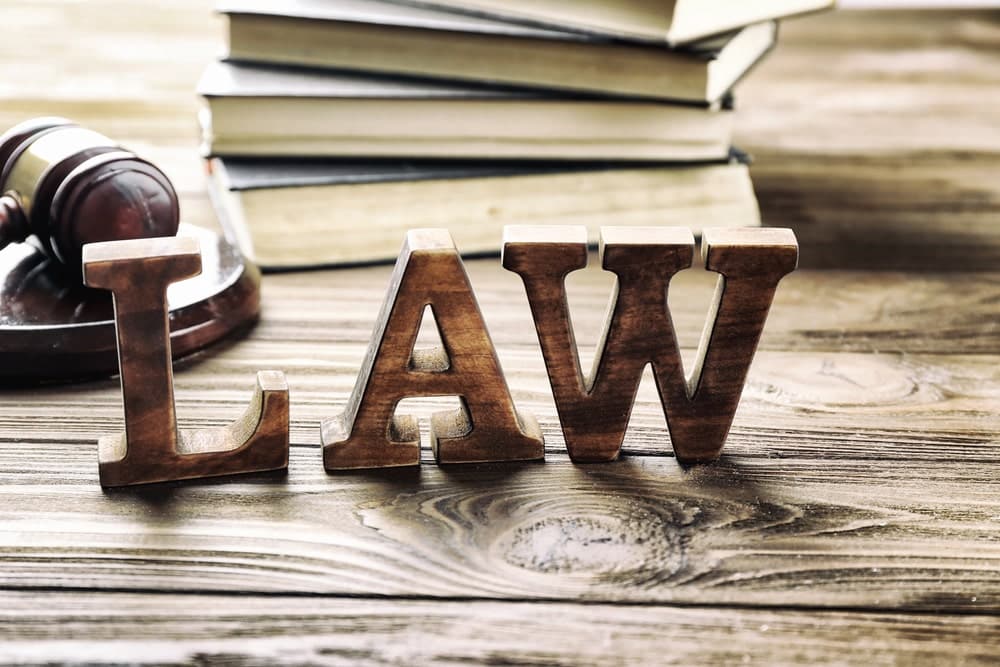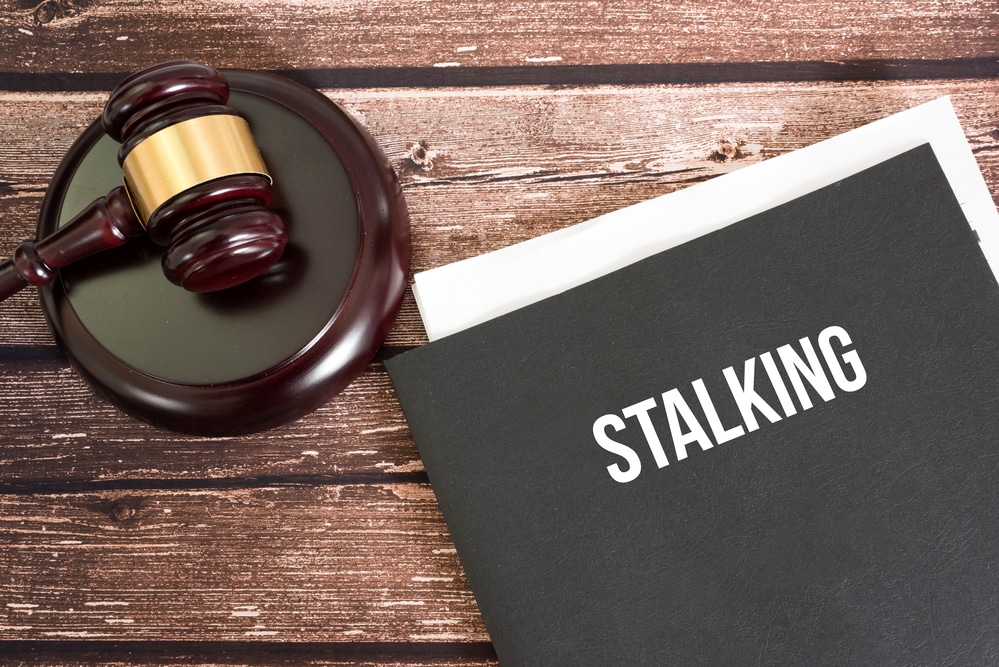Your actions must be interpreted by the average person to threaten one of the following according to §210-A of Maine’s criminal code:
- To suffer serious inconvenience or emotional distress;
- To fear bodily injury or to fear bodily injury to a close relation;
- To fear death or to fear the death of a close relation;
- To fear damage or destruction to or tampering with property; or
- To fear injury to or the death of an animal owned by or in the possession and control of that specific person.
Actions can be anything from e-mails and phone calls to following the alleged victim. For these reasons, it can be easy for a misunderstanding to occur. In fact, the offender does not have to be aware that their actions are causing distress in order to be charged with stalking.
Call 207-571-8146 or contact us online to schedule a consult with one of our highly skilled criminal defense & OUI lawyers, serving Southern Maine, today.
Table of Contents
Domestic Violence and Stalking in Maine
When an offense like stalking occurs between two people with an intimate relationship, it can be considered domestic violence. Maine law defines a close relationship as “a current or former spouse or domestic partner, parent, child, sibling, stepchild, stepparent, grandparent, any person who regularly resides in the household or who within the prior 6 months regularly resided in the household or any person with a significant personal or professional relationship” [2007, c. 685, §1 (AMD).]
There are many charges that are associated with domestic violence but do not actually involve violent behaving. Offenses like stalking involve harassment and threats, but that does not mean that they are minor charges. A stalking offense can be charged as a class C or D felony and can carry serious consequences. If there is a history of domestic violence or the stalking is a violation of a protective order, the offense could be increased a class.
What is a stalking charge in Maine?
As mentioned earlier, there are specific circumstances that lead to stalking charges. The following factors all need to be present for a charge to stick. These factors include that you must have displayed a course of misconduct, the victim undergoing emotional distress and the victim undergoing serious inconvenience to avoid the stalking or harassment actions.
Course of Conduct
In order for actions to be considered stalking, they must demonstrate a pattern. Maine law states that 2 or more acts can be considered a pattern. These acts can include anything such as directly or indirectly following the alleged victim or observing, threatening, harassing, monitoring or communicating with them in any way. Actions can also include implied threats by gaining access to the alleged victim’s personal information or communicating or threatening acquaintances.
Emotional Distress
Stalking charges allege that you cause emotional distress to the alleged victim. This is a very broad term and no physical symptoms of distress or mental health diagnosis is needed to claim that you are inflicting distress on the person. These measures are put in place to help victims, but it can also lead to false accusations as there is no way to really disprove another person’s emotions.
Serious Inconvenience
In some cases, stalking charges can occur when the victim feels that avoiding contact with the offender would lead to a serious inconvenience. This means that before contacting the police, the alleged victim took measures like phone number changing, changing where mail is sent, avoiding certain places, changing everyday routines, etc. in order to avoid you.
Call 207-571-8146 or contact us online to schedule a consult with one of our highly skilled criminal defense & OUI lawyers, serving Southern Maine, today.
Penalties for Stalking in Maine
A stalking conviction can have serious penalties and can lead to a felony conviction on your criminal record. Stalking offenses are either Class C or D offenses.
- The penalties for a Class C crime include up to 5 years in jail and $5,000 in fines.
- Class D crimes can lead to a year in jail and $2,000 in fines.
In addition, you could also be issued restraining or protective orders that make contact with the victim a felony offense. When dealing with stalking charges, the classification of your crime also depends on your past criminal record. If you have previously been convicted of stalking or another domestic violence charge, the penalties will be even steeper.
Contact a stalking & harassment defense lawyer in Maine
If you have been accused of stalking or harassment in Maine, you have options. Our criminal defense firm works to not only assist people who are facing criminal charges but to help them build strong defenses. Our attorneys know that an arrest does not mean that you are guilty. We are highly experienced in all areas of domestic violence and have a deep understanding of Maine law. Using our collective knowledge and past experiences, we can provide you with superior legal representation. Contact us directly online or call us at (207) 571-8146 and let us help you get your life back.
Call 207-571-8146 or contact us online to schedule a consult with one of our highly skilled criminal defense & OUI lawyers, serving Southern Maine, today.
Blog Posts

A criminal conviction usually appears on criminal records for life in Maine, potentially impacting the individual’s employment, education, travel, housing, immigration status, and more. However, certain low-level misdemeanor convictions can[...]

The legal term for sentencing a convicted criminal is not required to serve is called a suspended sentence. A suspended sentence is handed down during the sentencing portion following a[...]

If you receive a traffic ticket in Maine, you may be facing far more than demerit points or an administrative penalty. You could be facing criminal sanctions and a permanent[...]

In Maine, disorderly conduct laws effectively make disturbing the peace a criminal offense. While disorderly conduct is considered one of the least serious offenses under Maine’s Criminal Statutes, it can[...]

Any criminal charge for a drug-related offense is a serious matter in Maine,but how consequential the outcomes can get may depend on whether the charge is filed at the state[...]


Self-defense laws in the U.S. are complex, vary from state to state, and are often misunderstood. “Stand your ground” laws allow an individual to use deadly force in self-defense in[...]

Every day in Maine, people are charged with crimes that they did and did not do. Fortunately, in the U.S., we have a justice system that says you’re innocent until[...]

Expungement is the practice of legally erasing or striking out documents or information relevant to criminal charges. It’s not possible to expunge a criminal record in Maine. However, other avenues[...]

If you have been arrested or are under investigation for a crime in Maine, it is crucial to retain the services of a competent and experienced criminal lawyer. A criminal[...]


